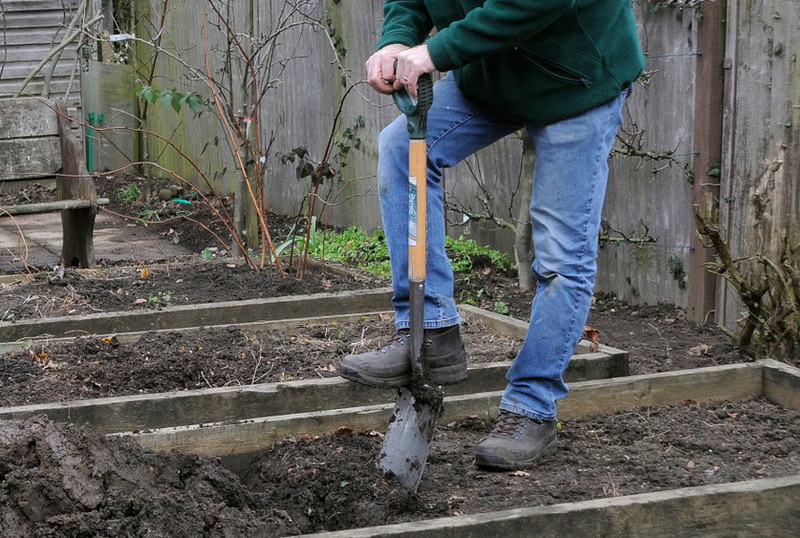Soil is the key element of your successful gardening. You can buy the best seeds or seedlings, spend hours creating an ideal landscape design, yet if the soil is of bad quality you’ll be pleased by neither fruitful harvest nor colorful flowers. Yet, it’s up to you to improve the fertility even over the winter. There are some things you can do during the winter in order to enjoy prosperous gardening in spring and summer.
Identify the type of soil
It’s impossible to improve the soil if you don’t know its type. There are the following variants:
- Clay;
- Salty;
- Sandy;
- Peaty;
- Chalky;
- Loamy.
After you know the exact type, you may add the corresponding amendments. For the clay sample, the best variants are lime, bark, sand, compost, and peat moss. The sandy type also needs peat moss, bark, compost, and leaf mold. The best choices for silty kind are compost, manure, sand, and straw. You should keep in mind that organic materials are the best helpers. The fallen leaves, scraps, and apple piles are able to boost the fertility of your garden.
Some gardeners tend to cultivate the area at the end of the season. Yet, it’s not always the right way out. The thing is that the roots and weeds are left in the ground. They are going to rot during the winter. It positively affects the fertility of the garden. If you dig it, you disturb the balance of organic elements. There is only one variant when cultivating the vegetable beds is good. You may do it if you are going to rearrange the places of growing plants.
One of the most effective ways to help the ground boost is to plant a cover crop. The plants will cover the area and protect it from frost, wind or heavy rains. It also controls weeding. As a cover crop, you may use vetch, daikon, and clovers.
Mulch is a must
It’s one of the most popular ways to protect, enrich, and maintain your garden or orchard. The organic variants are evergreen branches, pine needles or fallen leaves. Such covering helps to conserve water and keeps the bed watered till the first frost. By the way, snow is to be used as mulch, too. That’s why you don’t need to get rid of the snow from your garden.
It’s important to control the nitrogen level, too. You can correct it with the help of chemicals but it’s better to add blood meal, fish emulsion, and peas.
There is one more thing you can do for the ground in your garden. You don’t need to disturb the area. It’s better not to walk in the garden during the winter. In conclusion, it should be noticed that taking care of the soil is not so difficult. Yet, it’s worth doing while it affects the harvest.
